If your AC compressor is not working but the condenser fan is running, check for a faulty capacitor, low refrigerant levels, or compressor issues. Consult a professional technician for accurate diagnosis and repair.
When your air conditioner’s compressor fails to kick in while the condenser fan keeps spinning, it can leave you sweating over potential issues. Understanding why your AC compressor is not working but the condenser fan is running is crucial for troubleshooting. In this guide, we’ll delve into the common reasons behind this phenomenon and explore possible solutions to get your cooling system back on track. Let’s uncover the mysteries behind an AC compressor not working but the condenser fan is running.
Possible Causes of AC Compressor Failure
When your AC compressor is not working but the condenser fan is running, it could indicate several potential issues across electrical, refrigerant, and mechanical systems. Let’s delve into each possible cause to understand why your AC compressor might be failing despite the condenser fan operating properly.
A. Electrical problems:
Blown fuses or tripped circuit breakers:
One common reason for an AC compressor not working despite the condenser fan running is a blown fuse or a tripped circuit breaker. Fuses and circuit breakers protect electrical systems from overloading, and if they are blown or tripped, power to the compressor may be disrupted, resulting in its failure to operate. In this scenario, a simple replacement of the fuse or resetting the circuit breaker might resolve the issue. However, it’s essential to investigate why the fuse blew or the breaker tripped, as it could be indicative of an underlying electrical problem.
Faulty wiring or connections:
Another potential electrical issue contributing to the AC compressor’s failure could be faulty wiring or connections. Over time, wiring can become worn or damaged, leading to poor electrical connectivity. Loose connections or corroded terminals can also disrupt the flow of electricity to the compressor, preventing it from functioning correctly. Inspecting the wiring and connections for any signs of damage and ensuring they are secure and properly connected can help troubleshoot this issue.
AC compressor not working but condenser fan is running can be a frustrating issue to encounter, often leaving homeowners puzzled about the cause of the malfunction. However, understanding the potential reasons behind this problem can aid in diagnosing and resolving the issue effectively.
B. Refrigerant issues:
Low refrigerant levels:
Refrigerant is essential for the proper operation of the AC system, as it absorbs heat from indoor air and releases it outside. If the refrigerant levels are low, the AC compressor may struggle to function correctly, leading to it not working despite the condenser fan running.
Low refrigerant levels can result from leaks in the refrigerant lines or improper installation. A professional HVAC technician can identify and repair any leaks and recharge the refrigerant to the appropriate levels to restore the compressor’s operation.
Refrigerant leaks:
Refrigerant leaks are a common problem in AC systems and can lead to a range of issues, including compressor failure. When refrigerant leaks occur, the pressure within the system drops, affecting the compressor’s ability to compress the refrigerant properly. As a result, the AC compressor may fail to engage even though the condenser fan is running. Locating and repairing refrigerant leaks is crucial for restoring the proper functioning of the AC system and preventing further compressor damage.
AC compressor not working but condenser fan is running – these symptoms often indicate underlying issues within the HVAC system that require prompt attention and professional diagnosis.
C. Mechanical problems:
Compressor clutch failure:
The compressor clutch is responsible for engaging and disengaging the AC compressor as needed to maintain the desired indoor temperature. If the compressor clutch fails to engage, the compressor will not function, despite the condenser fan operating correctly.
Common reasons for compressor clutch failure include wear and tear, electrical issues, or a malfunctioning clutch coil. Replacing the compressor clutch or addressing any underlying issues can restore proper compressor operation.
Compressor motor issues:
The compressor motor plays a crucial role in driving the compressor’s operation, and any issues with the motor can prevent the compressor from functioning correctly. Motor problems such as overheating, mechanical wear, or electrical faults can cause the compressor to fail to start or operate inefficiently. In such cases, professional inspection and repair of the compressor motor may be necessary to resolve the issue and restore proper AC functionality.
AC compressor not working but condenser fan is running – this combination of symptoms often points to mechanical issues within the AC system that require expert attention to diagnose and repair effectively.
Troubleshooting Steps for AC Compressor Is Not Working
Below is a comprehensive guide outlining the steps to troubleshoot this common problem.
Check Electrical Connections and Fuses:
One of the primary reasons for an AC compressor not working while the condenser fan is running could be electrical issues. Begin by inspecting all electrical connections associated with the compressor. Look for any signs of damage, corrosion, or loose connections. Ensure that all wires are securely connected.
Additionally, check the fuses and circuit breakers in the electrical panel. A blown fuse or tripped circuit breaker could be preventing power from reaching the compressor, causing it to malfunction. Replace any blown fuses and reset tripped breakers as necessary.
Throughout this process, keep in mind the specific scenario of “AC compressor not working but condenser fan is running.” This unique situation suggests a problem specific to the compressor itself rather than a general electrical issue.
Test Refrigerant Levels and Check for Leaks:
Inadequate refrigerant levels or refrigerant leaks can also result in the compressor not functioning properly. Use a refrigerant pressure gauge to check the pressure levels in the system. Low pressure could indicate a refrigerant leak or insufficient refrigerant charge.
Inspect the refrigerant lines and connections for any visible signs of leaks, such as oily residue or frost buildup. Common areas where leaks occur include compressor fittings, valves, and connections. If a leak is detected, it must be repaired promptly to prevent further damage to the system.
Recharge the refrigerant if levels are low but no leaks are found. However, if a leak is identified, repair it before adding more refrigerant to the system.
Throughout this step, remember the specific scenario of “AC compressor not working but condenser fan is running,” focusing on how refrigerant levels and leaks might impact compressor operation.
Inspect Compressor Clutch and Motor:
The compressor clutch and motor play crucial roles in the operation of the AC compressor. If either of these components is faulty, it can prevent the compressor from engaging properly despite the condenser fan running.
Start by examining the compressor clutch for signs of wear or damage. The clutch should engage when the AC is turned on, allowing the compressor to begin functioning. If the clutch appears worn or fails to engage, it may need to be replaced.
Next, inspect the compressor motor for any issues. Listen for unusual noises coming from the compressor, which could indicate motor failure. Additionally, check for signs of overheating or burning around the motor.
In the context of “AC compressor not working but condenser fan is running,” pay close attention to any abnormalities in the compressor clutch or motor that could explain the lack of compressor operation.
Other Diagnostic Tests to Identify the Root Cause:
If the above steps do not resolve the issue, further diagnostic tests may be necessary to pinpoint the root cause of the problem.
Capacitor Test:
A faulty capacitor can prevent the compressor from starting. Use a multimeter to test the capacitor for proper functionality. If the capacitor is defective, replace it with a new one.
Voltage Test:
Measure the voltage at the compressor terminals to ensure that it is receiving the correct voltage supply. A voltage drop could indicate an issue with the electrical supply to the compressor.
Control Board Inspection:
Examine the AC control board for any signs of damage or malfunction. The control board regulates the operation of various components, including the compressor. Replace the control board if necessary.
Thermal Overload Protection:
Check for tripped thermal overload protection on the compressor. If the compressor has overheated, the overload protection may have been triggered, preventing it from operating. Allow the compressor to cool down before resetting the overload protection.
What to Do If AC Compressor Is Not Working
Is your AC compressor not working but the condenser fan is running? It’s a common issue that can leave you feeling hot and frustrated, especially during the scorching summer months. But don’t worry, there are steps you can take to troubleshoot the problem, determine when to seek professional HVAC assistance, and find temporary solutions to maintain comfort while awaiting repairs.
A. Steps to take if troubleshooting reveals a specific issue:
Check for Power Supply:
First and foremost, ensure that your air conditioner is receiving power. Check the circuit breaker or fuse box to see if a tripped breaker or blown fuse is causing the problem. If so, reset the breaker or replace the fuse and see if that resolves the issue.
Inspect the Thermostat:
Sometimes, the issue may lie with the thermostat rather than the AC compressor itself. Make sure the thermostat is set to “cool” and set at a temperature lower than the current room temperature. If the thermostat is battery-operated, replace the batteries to rule out a power issue.
Clean the Condenser
Unit: A dirty condenser unit can hinder the performance of your AC system, leading to problems like the compressor not working properly. Turn off the power to the unit and carefully remove any debris, leaves, or dirt from the exterior fins using a soft brush or vacuum cleaner. Be sure not to damage the fins in the process.
Inspect the Capacitor:
The capacitor is a crucial component of the AC system that helps start the compressor and fan motors. If the capacitor is faulty or defective, it can prevent the compressor from turning on. Check the capacitor for any signs of bulging, leaking, or damage. If you’re comfortable doing so, you can test the capacitor with a multimeter to see if it’s functioning correctly.
Check for Refrigerant Leaks:
Low refrigerant levels can cause the AC compressor to malfunction. Look for signs of refrigerant leaks around the outdoor unit, such as hissing sounds, oil stains, or ice buildup on the refrigerant lines. If you suspect a leak, it’s best to contact a professional HVAC technician to locate and repair the leak.
Inspect Electrical Connections:
Loose or corroded electrical connections can prevent the compressor from receiving the necessary power to operate. Inspect the wiring connections at the compressor, capacitor, and contactor for any signs of damage or looseness. Tighten any loose connections and replace any damaged wires as needed.
B. When to seek professional HVAC assistance:
If you’ve followed the troubleshooting steps above and your AC compressor is still not working but the condenser fan is running, it’s time to call in the professionals. Here are some signs that indicate you need professional HVAC assistance:
Strange Noises:
If you hear unusual noises coming from your AC unit, such as grinding, squealing, or banging sounds, it could indicate a serious problem with the compressor or other components. Continuing to run the AC in this condition could cause further damage and costly repairs.
Refrigerant Leaks:
If you suspect a refrigerant leak or notice a significant decrease in cooling performance, it’s essential to contact a professional HVAC technician. Attempting to repair refrigerant leaks without the proper equipment and training can be dangerous and may result in further damage to your AC system.
Electrical Issues:
If you’re not comfortable working with electrical components or troubleshooting electrical problems, it’s best to leave it to the professionals. Working with electricity can be hazardous, and improper repairs can cause damage to your AC unit or even pose a fire risk.
Repeated Breakdowns:
If your AC compressor repeatedly fails or experiences frequent breakdowns, it’s a sign that there may be underlying issues with your HVAC system that require professional attention. A qualified technician can diagnose the problem and recommend the necessary repairs or replacements to ensure long-term reliability and performance.
C. Temporary solutions to maintain comfort while awaiting repairs:
While waiting for professional HVAC assistance to repair your AC compressor, there are some temporary solutions you can implement to maintain comfort in your home:
Use Fans:
In the absence of cool air from your AC system, utilize fans to circulate air throughout your home. Ceiling fans, floor fans, or portable fans can help distribute air and create a cooling breeze, making your living space more comfortable.
Close Blinds and Curtains:
Keep blinds, curtains, or shades closed during the hottest parts of the day to block out sunlight and prevent heat from entering your home. This can help reduce indoor temperatures and lessen the strain on your AC system.
Limit Heat-Generating Activities:
Avoid activities that generate heat, such as cooking on the stove or using the oven, during the hottest times of the day. Opt for cold meals or use alternative cooking methods like grilling outdoors to minimize heat buildup inside your home.
Stay Hydrated:
Drink plenty of water and stay hydrated to help regulate your body temperature and stay cool. Avoid caffeine and alcohol, as they can contribute to dehydration and make you feel hotter.
Seek Alternative Cooling Options:
Consider staying with friends or family, booking a hotel room, or visiting public places with air conditioning, such as libraries or shopping malls, to escape the heat temporarily.
Conclusion
In conclusion, when facing the issue of the AC compressor not working but the condenser fan is running, it’s crucial to address it promptly to avoid further complications. While several factors could cause this problem, ranging from electrical issues to compressor failure, diagnosing the exact cause requires a systematic approach.
Checking for power supply, inspecting electrical connections, and examining the compressor for any damage are essential steps. Seeking professional assistance if necessary ensures a thorough evaluation and accurate resolution.
Remember, timely intervention not only restores comfort but also prevents potential damage to your AC system. Addressing the “AC compressor not working but condenser fan is running” anomaly promptly ensures efficient cooling and prolonged system durability.

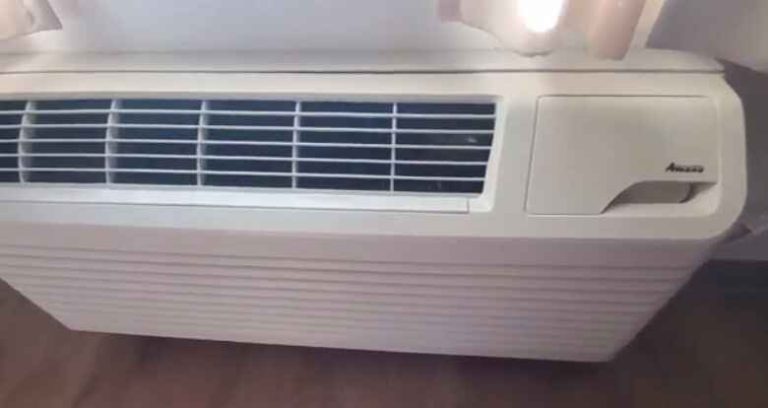
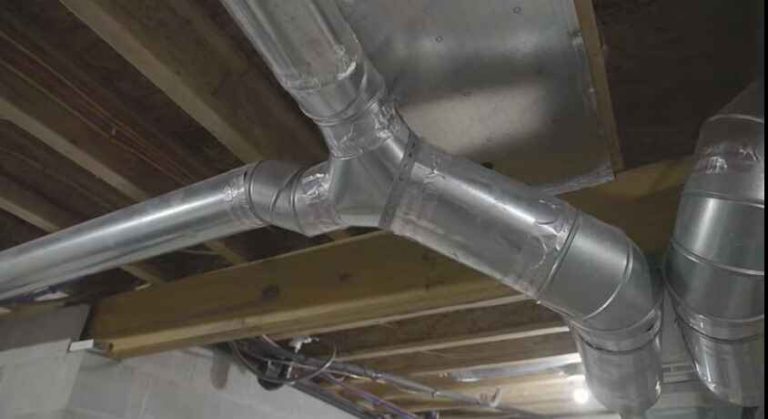
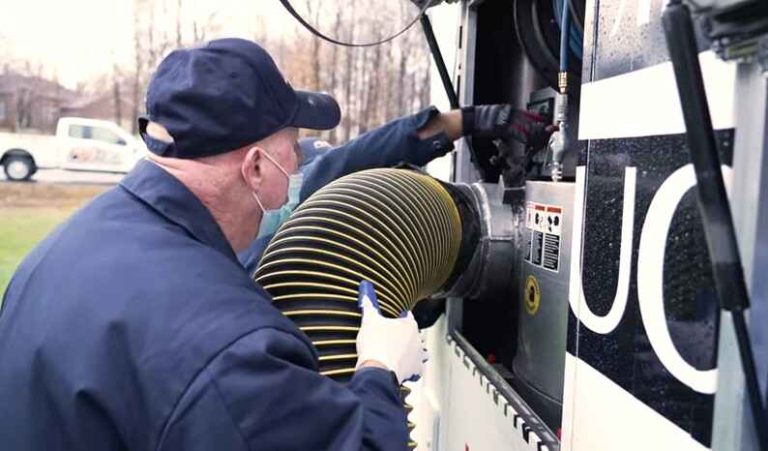
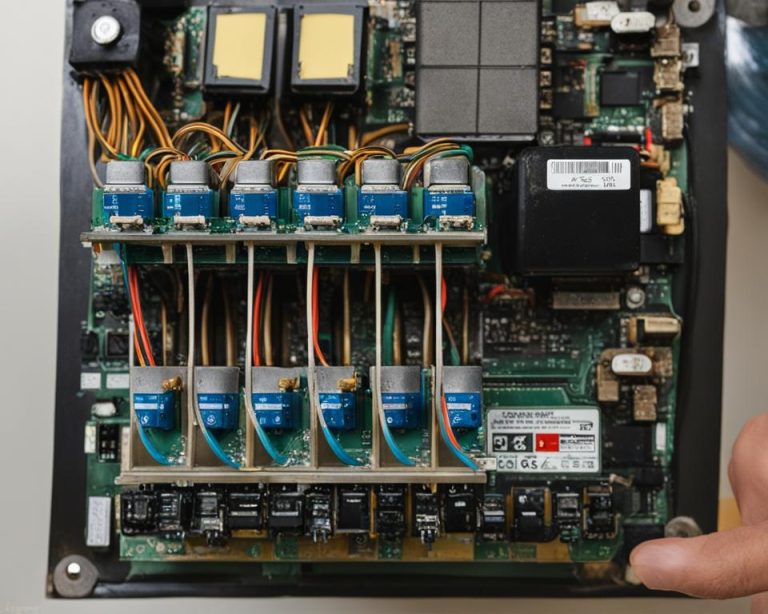
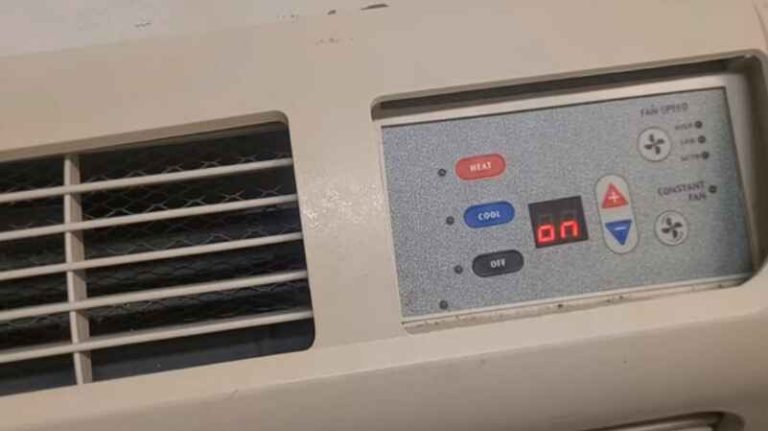
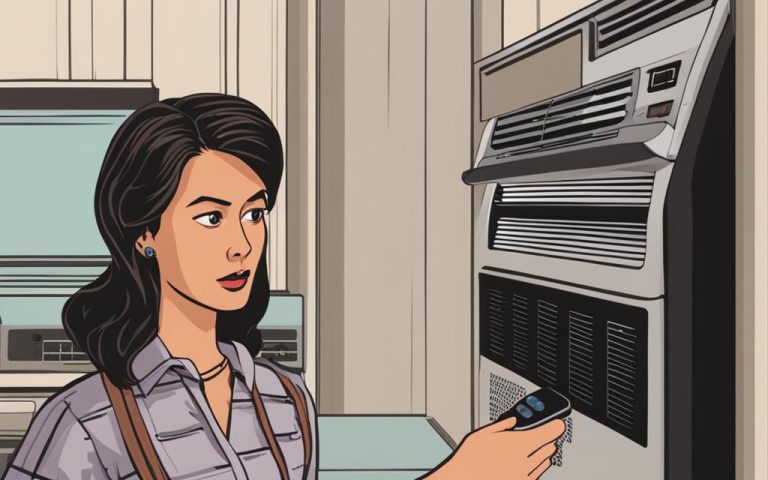
One Comment